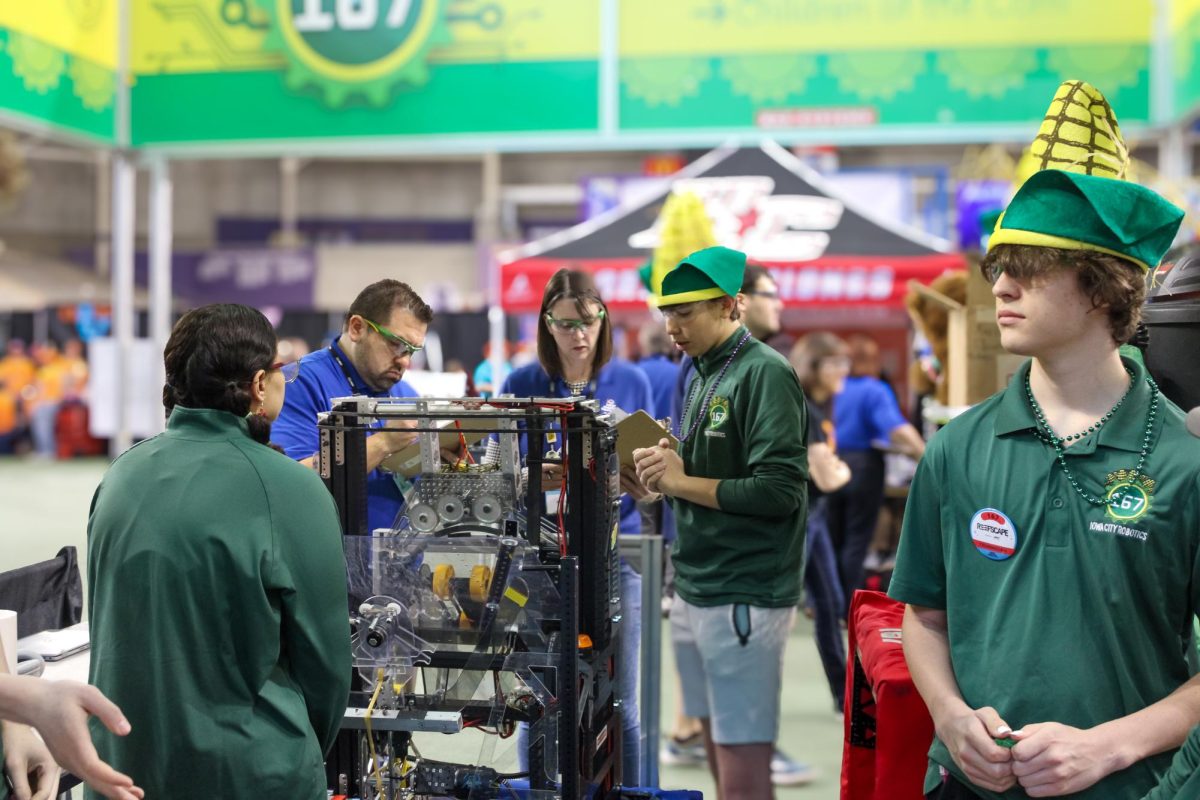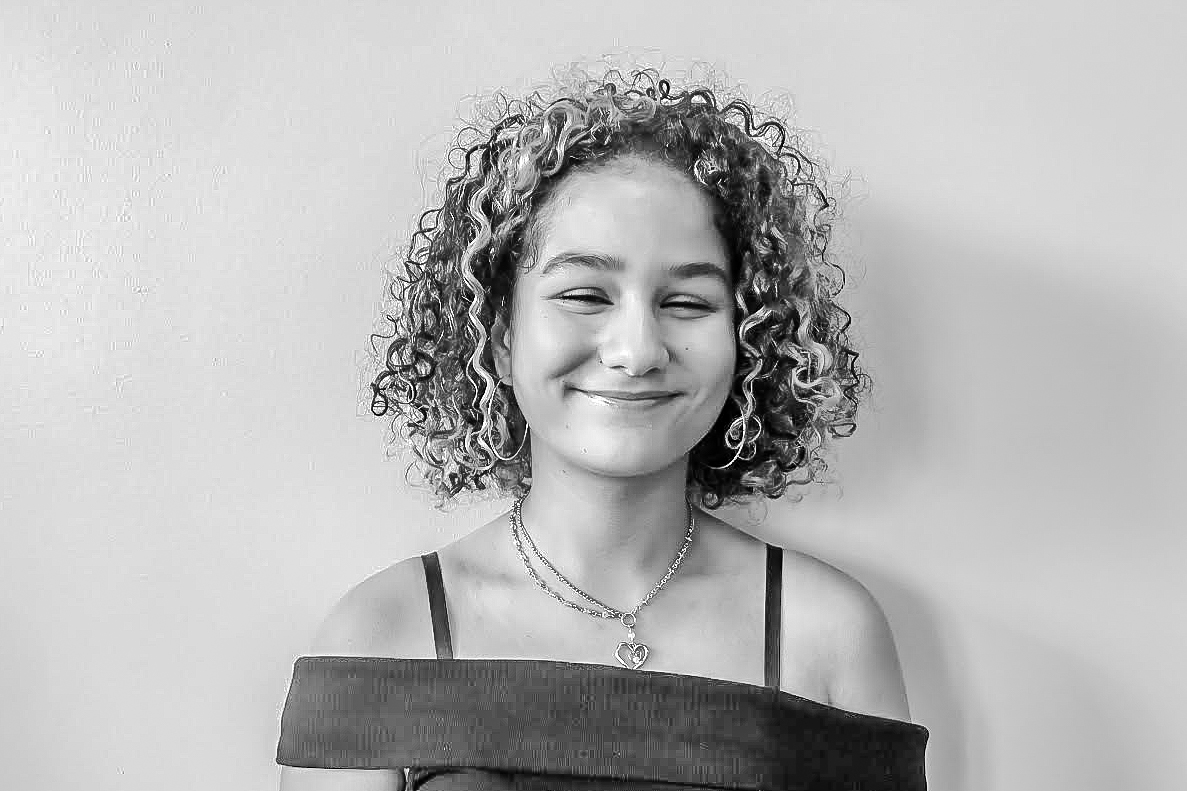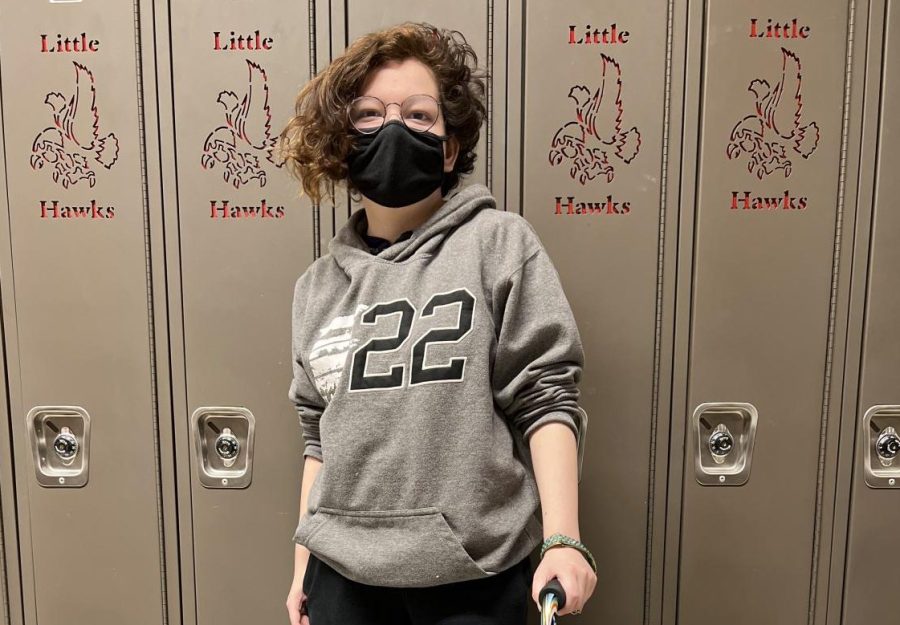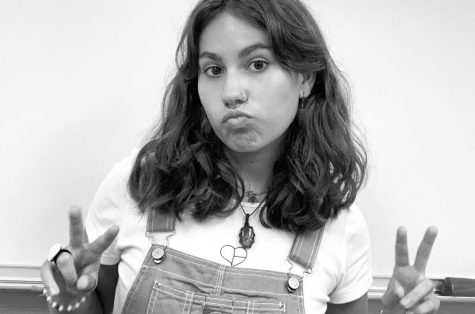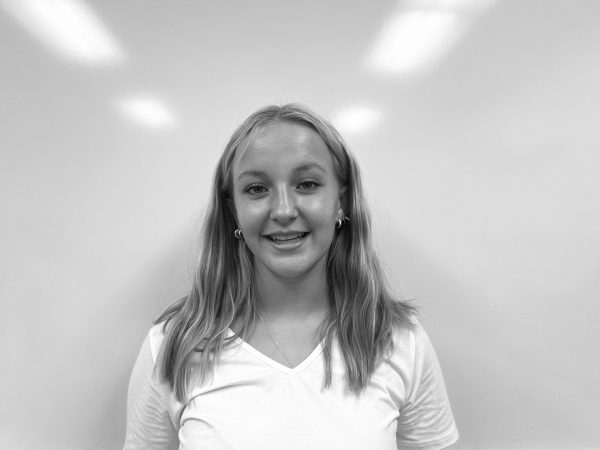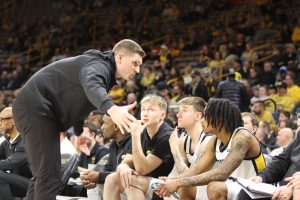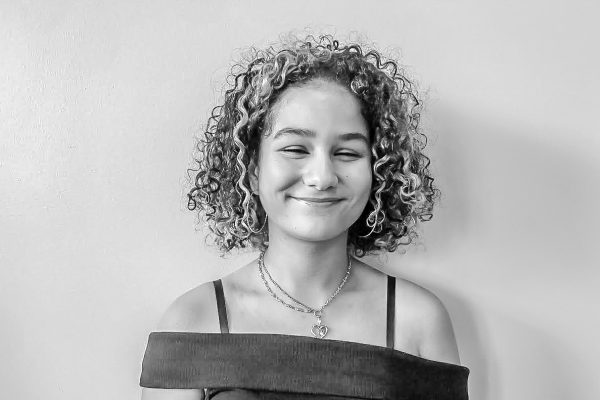Humans of City High: Ash Jiménez
March 9, 2022
Can you say your name and grade?
My name is Ash Jiménez. I’m a senior.
Who is your greatest inspiration?
My biggest inspiration would be this family friend of mine, whose name is Bogey, and I can’t pronounce their last name because it’s Hungarian. But they’re a queer, intersex person who’s a published author and writer, is disabled, and an immigrant from Hungary. They’re married to their spouse RB, who is also an author. As a kid, I went to their wedding and I read something at the wedding for the ceremony. They’re Jewish, so it wasn’t like a Christian wedding ceremony. It was an interesting experience to have when I was very little and right now, as a disabled person, I’m getting a lot more interested in the kind of stuff they do as intersectional activists for queer, disabled people.
Do you have a defining moment in your life when you started taking back your identity?
I think one of the things that are really important to the trajectory of my identity over the years was that, when I was first figuring out my queer identity, I was also severely depressed. And I wouldn’t say that it was ever really connected to my queer identity as a cause or anything, but it was definitely a factor of not being able to connect with people. I didn’t like my name, and I didn’t like how people talked about me. I didn’t like any of that stuff. So it was hard to find support like that. And once I came out as a trans person, I felt a lot more comfortable connecting with people and it was just a lot easier to feel understood.
When did you realize the importance of intersectionality in your identity?
In terms of intersectionality, it’s been much more recent that I’ve found this. Recently, my physical disability has gotten a lot worse. I’ve had a sudden onset of not being able to walk as well. And I’ve also recently started identifying more with my Hispanic heritage and culture. Part of that is including the accent on my name, which like in Jiménez on the first “e” there’s an accent. I never used to actually write that but I’m doing it a lot more. I even asked for it to be included on my diploma.
What other steps have you been taking to embrace your Latin American identity?
I think one of the things was taking Spanish five this year. I ended up having to drop out because the class was too difficult for me. It’s the highest level offered so there’s not very much support. But I think that kind of gave me a direction of trying to connect more with cultural aspects, especially around here you kind of have to go looking for it.
What part of Latin America is your family from? Talk about that place.
My parents are from the valley (South Texas), and my grandparents were from Mexico. So right now we visit family in the valley pretty frequently, especially as my grandparents get older and need more support, we go visit them more often. One of the things that I love down there is the National Butterfly Center, which unfortunately got closed indefinitely because it’s at risk right now. But it’s a really, really nice area, right next to the river. It’s really cool to see. One of the last times I went down there with my family, we went to a park that’s right on the river and it was really cool to see, just across the river is like a whole nother country. That’s something I had never experienced until then. Which was pretty cool to see. Also, one of the things that I mention all the time about it is that anti-immigrant people will say things like, “people are illegally crossing,” and then you go to this park that’s right on the border and there’s nobody there.
How do you promote diversity and inclusion at City High?
My dad is on the LNAC at the University of Iowa, which is Latino and Native American Community. So he works a lot with that kind of area. I’ve been able to see a lot of good examples from him and we will sometimes have just conversations in the car about what we’ve been doing with increasing diversity and inclusion.
Some of the things that I’ve been doing at school – I’ve just started noticing that most of the bathrooms aren’t very accessible. With glow club, we are trying to get there to be more gender-neutral bathrooms around. We have one, on the second floor, that’s been getting locked recently, which is a problem. But we’ve also just got the information that we’re going to get a new one downstairs by the old gym. That, unfortunately, won’t be very accessible without stairs. I think the weird spot is also probably a good thing because unless somebody knows it’s there they won’t be going looking for stuff. Which is good for people that use it for the purposes that it’s intended for.







